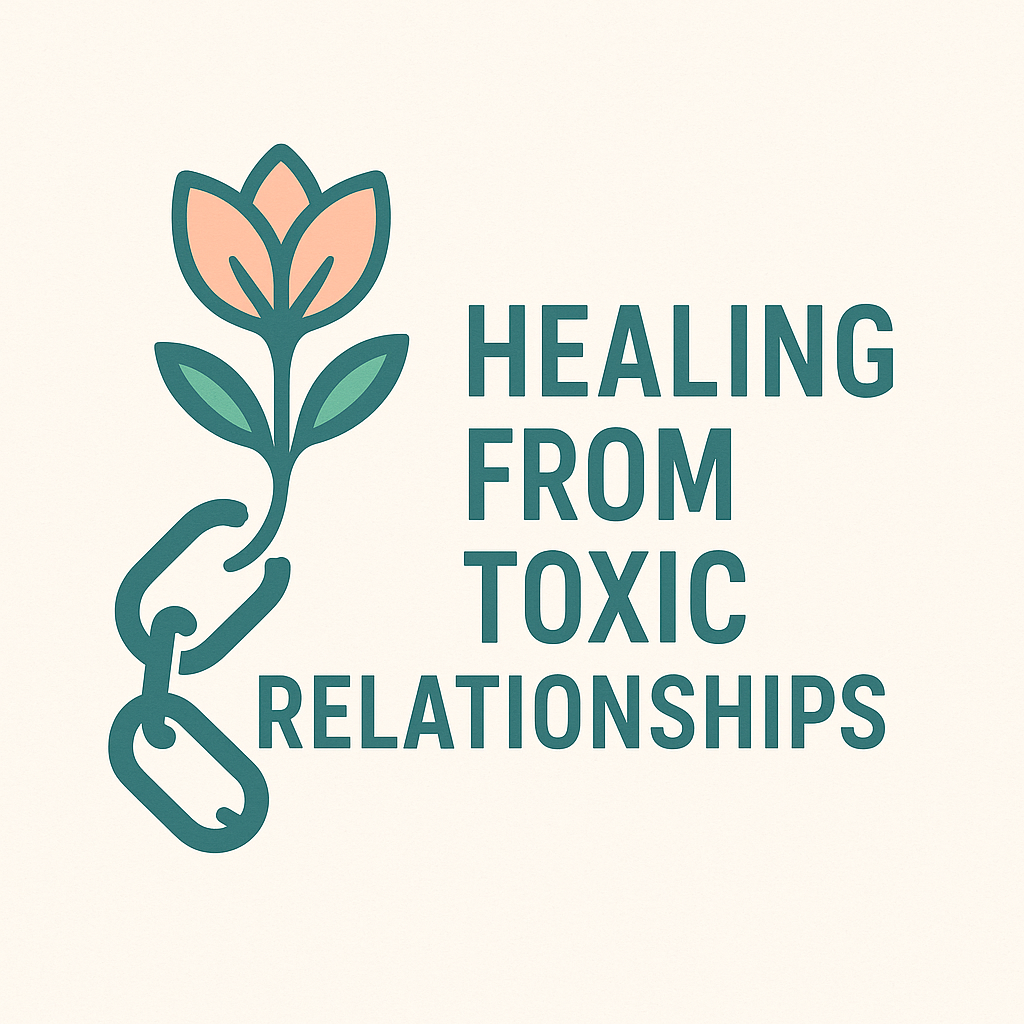How Narcs Disrupt Your Sleep (And Why)
1. They create constant emotional unpredictability
Narcissistic abusers are often inconsistent.
One day they’re warm. The next, they’re cold. You never know what version of them you’re going to get. This emotional instability keeps your nervous system on high alert, even when you're trying to rest.
You end up laying in bed rehearsing conversations, preparing for tomorrow's conflict, or questioning what you did wrong. Your brain can’t power down, because it’s still on defense.
2. They pick fights late at night
Some narcissists intentionally start arguments before bed. They do this to throw you off balance. It’s a form of control.
You’re exhausted, you want to sleep, and suddenly you’re being accused, baited, or emotionally shut out. You try to solve it, and they escalate. Or worse—they withdraw and leave you spinning.
You go to bed in fight-or-flight, flooded with adrenaline and cortisol. Your body might be in bed, but your brain is still in survival mode.
3. They sabotage your rest to make you more compliant
Sleep deprivation weakens your emotional resilience and decision-making. That works in their favor.
You’re easier to manipulate when you’re exhausted. They hope to get a big reaction out of you so they can call you the problem.
You’re more likely to give in, apologize when you shouldn’t, or lose confidence in your ability to judge what’s really happening.
This can be subtle, like waking you up repeatedly to talk, scrolling loudly, leaving lights on, slamming doors, or blaming you for "sleeping too much." Or it can be more direct, like keeping you up in fights or refusing to let things go until you “fix” it.
What This Does to You
Your brain and body start to break down.
You feel foggy, drained, anxious, irritable.
You can’t concentrate. You get sick more often. You struggle to remember things.
You lose access to your deeper intuition and emotional clarity—two things narcissistic abuse already attacks.
Sleep deprivation keeps you stuck in survival mode.
This makes it even harder to leave, set boundaries, or speak up. And they know it.
When someone disrupts your sleep long-term, they’re not just messing with your rest. They’re attacking your autonomy, your inner clarity, and your ability to function as your full self.
Trauma Dreams and Nighttime Flashbacks
Even after the abuse is over, your body remembers.
It’s common to experience trauma dreams, where you relive old dynamics or feel haunted by them in your sleep. You may wake up feeling panicked or heavy, even if nothing bad happened that day.
This is your nervous system processing what it couldn’t fully digest while you were in survival mode.
What Helps
1. Name it.
Naming the abuse and its impact on your sleep helps you reclaim a sense of control. You’re not lazy. You’re not broken. Your body has been running on emergency power.
2. Create safety cues before bed.
Even something simple like dim lighting, a weighted blanket, or calming music can help signal to your brain: “You’re safe now.”
3. Work through it in therapy.
Therapy gives you a place to process what happened and reset your internal alarm system. Over time, your nervous system can learn that it doesn’t have to stay up all night on guard.
4. Set boundaries around rest.
If you're still in contact with the person, start protecting your sleep like your life depends on it—because it does. Let go of late-night texts, phone calls, or conversations that leave you anxious or drained. Rest is not a luxury. It’s your foundation.
Final Thought
If narcissistic abuse has stolen your sleep, I want you to know that’s not a small thing.
It’s a wound. It’s a form of control. And it’s one you deserve to recover from.
You’re not lazy for needing more rest. You’re not weak for feeling tired. You’re healing from years of internal war.
You deserve sleep that isn’t haunted.
You deserve mornings that don’t start in survival mode.
And you deserve to feel safe again—in your body, in your bed, and in your mind.
